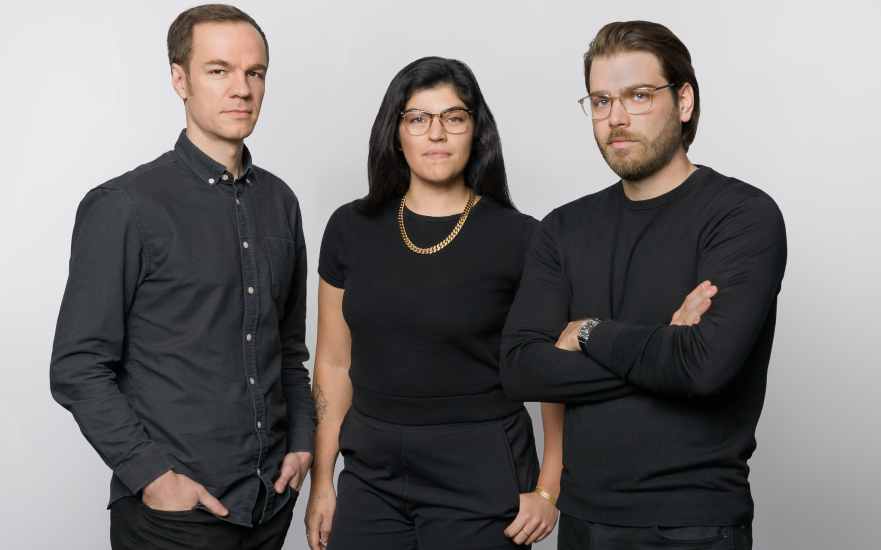Local Logic raises $6.1 million in Series A funding to change the world of investing, buying and building real estate using urban planning and data science

Local Logic, a Montreal, Canada-based tech startup on a mission to change the world of investing, buying, and building real estate using urban planning and data science, announced today it has raised $6.1 million ($8 million CAD) in funding to expand its location intelligence platform that provides powerful insights for homebuyers, real estate professionals, and developers.
The round was led by GroundBreak Ventures, a Toronto-based VC focused on Property Technology. The funding includes equity and debt, with participation from Shadow Ventures, BDC Capital, Jones Boys Ventures, Cycle Capital, and Desjardins Capital.
Co-founded in 2014 by urban planners turned data scientists, Local Logic focuses on collecting, cleaning, and combining data to help travelers, home buyers, and consumers make better, more informed decisions when it comes to location. Local Logic uses Ai with geo-spatial and user-generated data to quantify lifestyle and location qualities for the US and Canada.
Local Logic combines geospatial, user-generated, and real estate data to offer a holistic perspective on cities, the way people perceive and value it, and how technology can introduce transparency into the real estate market. Its consumer-facing tools can be found on websites such as REMAX.com, Zumper, Realtor.ca, and more.
With more than 30 billion unique data points — the largest unique location data set in the U.S. and Canada — Local Logic offers predictive, precise analytics to inform decision-makers building and investing in the urban environment. The company has formed partnerships with numerous leading real estate developers and property management companies, including DevMcGill, Ivanhoe Cambridge, and Midwood Investment and Development.
“The real estate market and the broader world seem to be in a near-perpetual state of evolution. As our communities continue to undergo increasingly rapid economic and social shifts, it is vital that consumers, real estate professionals, and urban planners alike have a role in shaping their future,” said Local Logic Founder and CEO Vincent-Charles Hodder. “At Local Logic, we believe that a data-driven approach to location intelligence is the key to developing this shared vision. With the backing of our new investors, we are now in a prime position to expand our platform and begin to not only reimagine the way our cities are planned, built, and experienced, but to better represent the needs of the citizens that inhabit them.”
Local Logic’s one-of-a-kind platform empowers a wide range of customers by providing robust insights on not just properties, but the broader built environment in which they exist.
By providing highly accurate, real-time data and analysis that help them better understand a neighborhood’s complex ecosystem, Local Logic’s proprietary platform guides homebuyers, apartment seekers, and their real estate agents to properties and locations that fit their individual preferences.
Local Logic also equips real estate investors, developers, and other professionals with a more holistic picture of any given market and related consumer demand. This analysis creates new levels of certainty around property-level attributes that have long been treated as subjective, helping them to determine the highest and best use of any specific asset and enabling more accurate, efficient, and successful investment decisions.
“We have been impressed by Local Logic’s ability to capture and analyze unparalleled levels of data at the property level within the context of the broader built environment,” said Scott Kaplanis of GroundBreak Ventures. “Recent shifts in preferences – many of them brought on or accelerated by the COVID-19 pandemic – have created an uncertain environment for homeowners, real estate agencies, landlords, developers, and investors. Local Logic provides these stakeholders with powerful tools capable of providing real-time insight into demand drivers that will shape cities and communities in the future.”




